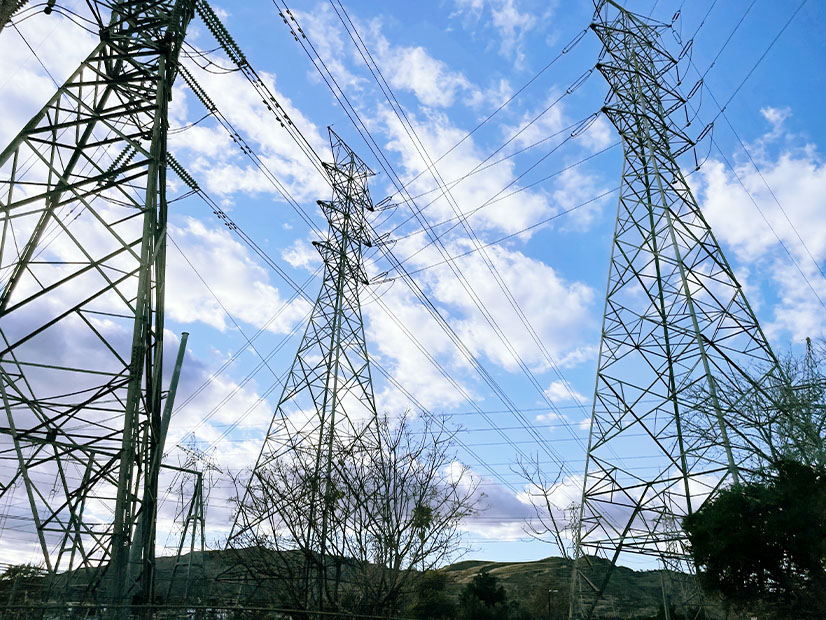Officials from the departments of Energy and Defense spoke at the Congressional Renewable Energy and Energy Efficiency Policy Forum at the Dirksen Senate Office Building in D.C. on Monday to express their concerns about the growing threats to the grid.
Andy Bochman, senior grid strategist for national and homeland security at the Idaho National Laboratory, acknowledged “the imperative for the United States to move as rapidly as possible from carbon-emitting fossil fuels.”
Adding that “one can’t help but imagine a grid with many more wind turbines and solar panels that are currently deployed,” he said additional renewables will not be enough.
“We’re going to need to add much more power to the grid in the near- and mid-term future than renewables alone can provide. There are also some serious grid stability issues to address like voltage support and other ancillary services, which become much more challenging with high penetration of variable generation sources,” he explained.
“We’ve been closing coal plants without fully accounting for the lost baseload generation they provide. Renewables are necessary and super helpful in reducing emissions, but with few exceptions, they’re not ready to play that role, at least not on their own. Gas plants do provide baseload, but they must also be [eventually] phased out.”
Bochman suggested the solution lies in the further development and installation of small modular nuclear reactors, one of which the Idaho lab has assisted in developing. The new plants would be built at the site of former coal plants in order to take advantage of existing transmission lines.
“It’s maybe a tough sell for some, but overall, the public’s attitude towards new nuclear energy is improving swiftly as climate concerns begin to eclipse fears of nuclear energy, and a recent Pew study confirms this.
“There are still plenty of well founded objections to overcome, but small modular reactors and other advanced nuclear designs do meaningfully address most of them,” Bochman argued, adding that the Idaho lab has developed new cybersecurity technology incorporated into the software control system of a small nuclear plant.
Military Microgrids
Joseph Bryan, DOD’s chief sustainability officer and senior adviser for climate, said that the Pentagon has been concerned about the reliability of the commercial power system as it affects the operations of its bases throughout the country.
“Our military installations … are in communities around the country, and they rely almost exclusively on the commercial electric grid for power. And what we all know in this room is that the commercial electric grid is at risk from a couple of different threats. One [is] climate-induced severe weather, from hurricanes to extreme heat, which we’re experiencing in real time [from] wildfires out west.
“We also have a risk from cyberattack. We know that critical infrastructure around the world and even in the United States — think about things like the Colonial Pipeline attack last year — that our adversaries are interested in targeting our critical infrastructure,” he said.
That has led DOD to embrace energy efficiency and build its own distributed generation “to take our facilities off the grid and relieve pressure on the commercial grid,” he added.
To do this, the department has embraced renewable generation, batteries and efficiency “to preserve the [commercial] grid and preserve our own mission by being more efficient and [using] distributed generation.”
“A solar storage [facility] … attached to critical missions can ensure that those functions stay up and running, even if you lose the commercial grid. So, the grid goes down, and you have an efficient operation that has battery backup and PV or other renewable energy assets that do not require logistic support or don’t require fuel deliveries to an installation in times of crisis; that can be important.”

